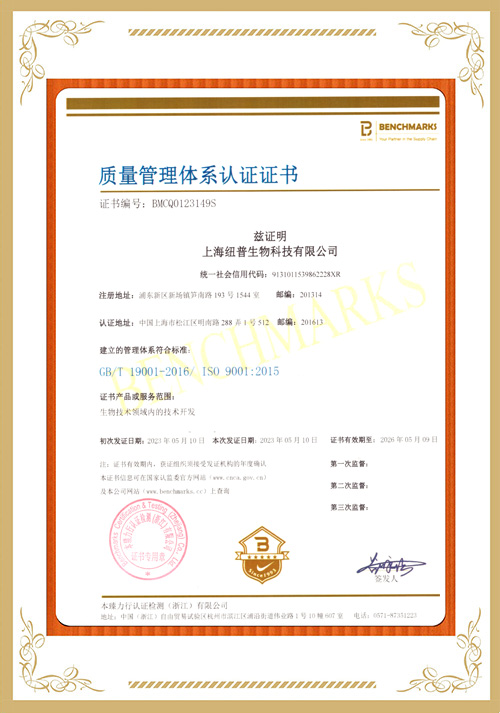
- 抗体类型:多克隆
- 抗体来源:兔
- 抗体应用:ELISA, WB, IF
- 特异性:Human, Mouse, Rat; other species not tested.
产品详情
-
产品名称
CSPP1 antibody
-
抗体类型
多克隆
-
抗体来源
兔
-
抗体亚型
兔IgG
-
抗体描述
CSPP1 Rabbit Polyclonal antibody. Positive WB detected in Jurkat cells, HEK-293 cells, HeLa cells, mouse testis tissue, rat testis tissue. Positive IF detected in Hela cells. Observed molecular weight by Western-blot: 141kd
-
抗体应用
ELISA, WB, IF
-
应用推荐
Recommended Dilution:
WB: 1:200-1:2000
IF: 1:10-1:100
-
特异性
Human, Mouse, Rat; other species not tested.
-
蛋白别名
CSPP, CSPP1, FLJ22490, FLJ38886
-
制备方法
This antibody was obtained by immunization of CSPP1 recombinant protein (Accession Number: BC029445). Purification method: Antigen affinity purified.
-
组分
PBS with 0.1% sodium azide and 50% glycerol pH 7.3.
-
储存方法
Store at -20℃. DO NOT ALIQUOT
-
背景介绍
CSPP1 interacts with centrosomes and microtubules and plays a role in cell-cycle progression and spindle organization. CSPP1 is required for their common C-terminal domain to interact with Nephrocystin 8 (NPHP8/RPGRIP1L) and to form a ternary complex with NPHP8 and NPHP4, and for ciliogenesis in hTERT-RPE1 cells in vitro and are expressed in ciliated renal, retinal, and respiratory cells in vivo
-
参考文献
- <


